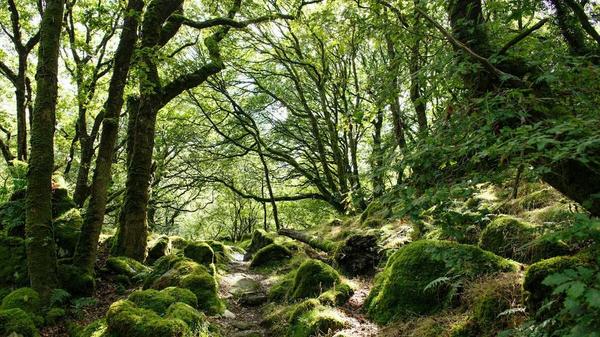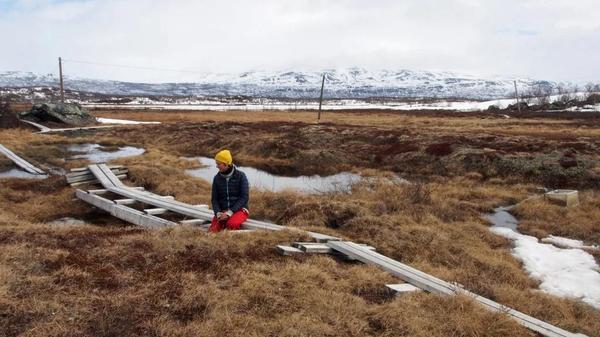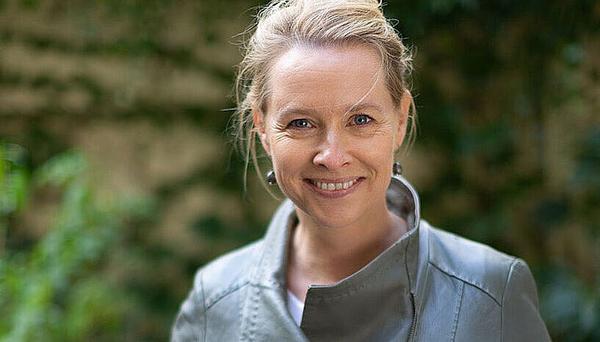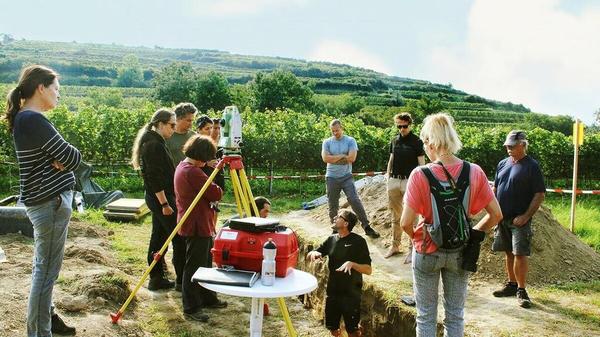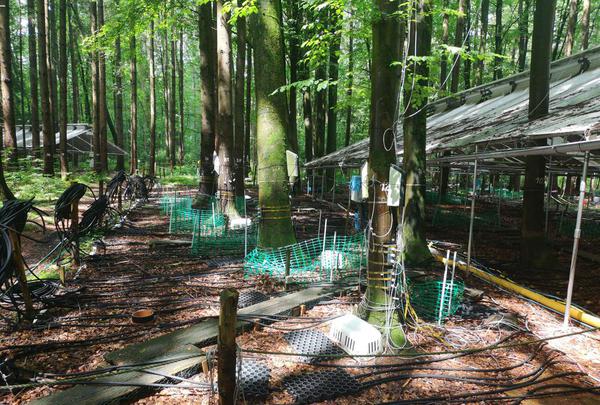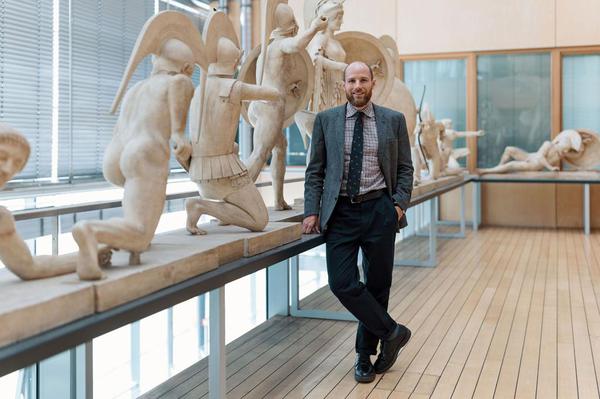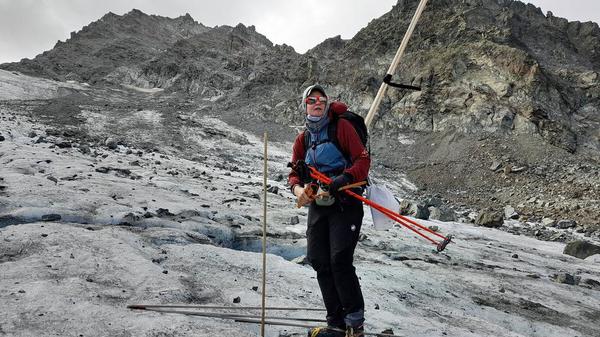
The darker the glaciers, the greater the melting
The reflection of sunlight plays an important role in the melting of glaciers. A research project is investigating how a combination of data can measure glacier melt as accurately as possible, thereby facilitating predictions about the future of the “white giants”.

